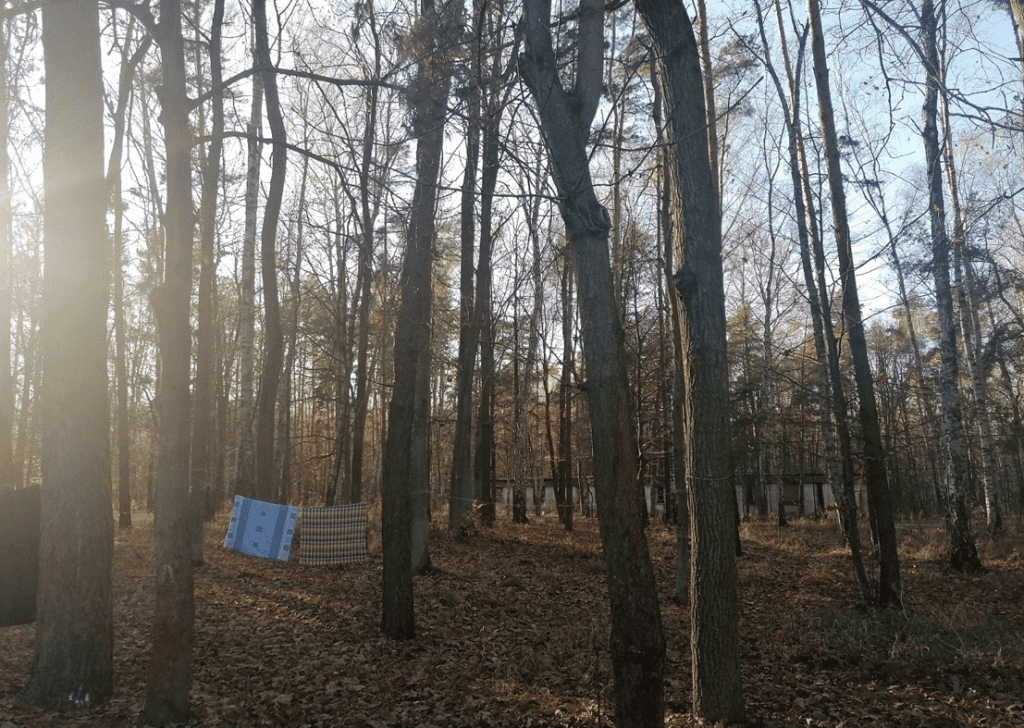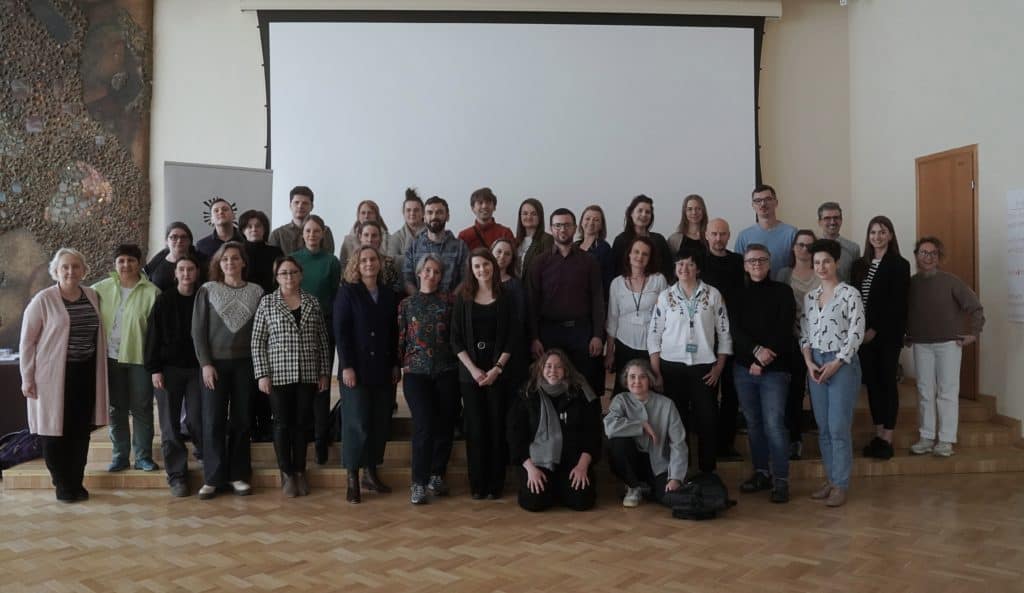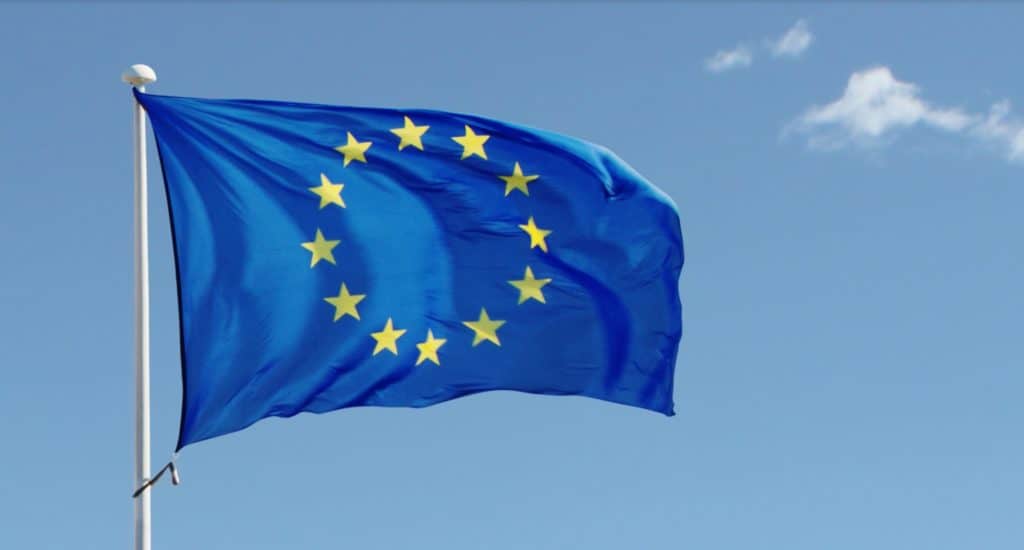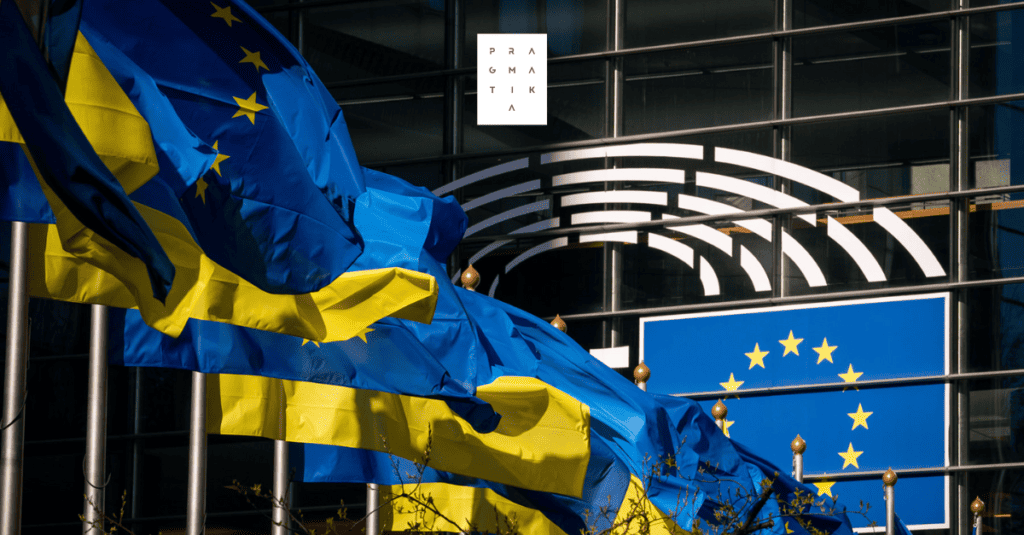At the beginning of the crisis at the Belarusian border in 2021, Poland became the centre of attention in Europe for its response to what it defined as a “hybrid attack” from the Lukashenko regime. Other voices were raised in concern about the conditions in which migrants, having been forced to the border by Belarusian border guards, were left to survive in Polish forests and the violent pushbacks to which they were subjected. On this occasion, Poland also introduced specific legislative changes allowing for the immediate removal of individuals encountered while irregularly crossing the country’s “green border.” The national and European focus rapidly shifted to another Polish border after the outbreak of war in Ukraine. A very different response was given to the new arrivals, with Polish authorities and civil society organisations working together to grant access to Ukrainian refugees.
ECRE’s research has focused on Poland as part of the Asylum Information Database (AIDA), against a backdrop of increasing numbers of asylum seekers in the country, the challenges faced by migrants attempting to access Polish territory at the Polish-Belarusian border since mid-2021, and the unprecedented numbers of arrivals as a result of the Russian invasion of Ukraine’s territory. The purpose of ECRE’s visit was to examine conditions and access to the asylum procedure and temporary protection, as well as reception conditions in the country, and to understand whether the large number of new arrivals has put the system under strain.
This report analyses practices at the border and their implications for access to asylum and the reception conditions provided within the country. It also focuses on detention conditions for asylum seekers, an issue various stakeholders have raised as an area of concern in Poland.
The report sets out the results of a fact-finding visit to Poland conducted between 7 November and 10 November 2022. During this period, the ECRE delegation visited:
- Warsaw, where it met with the Supreme Administrative Court; the Polish Border Guard; the Ministry of the Interior; the Office for Foreigners; UNHCR, Frontex’s Fundamental Rights Officer; the Polish Commissioner for Human Rights, and the following civil society organisations: the Helsinki Foundation for Human Rights; the Association for Legal Intervention, the Ocalenie Foundation and the Club of Catholic Intelligentsia (KIK);
- Białystok and the surrounding area, where it met with the Regional Office of the Border Guard, as well as the organisations KIK and Egala;
- The First Reception Centre of Dębak, temporarily undergoing renovation but which usually functions as a first reception centre where applicants register their asylum applications;
- Białystok Reception Centre.
The information and data collected from interviews and observations made at the various sites visited are complemented by desk research and authoritative sources on the treatment of people at Polish borders, as well as at reception and detention facilities.
The report is structured into two chapters: Chapter I documents the evolving situation of access to Polish territory, especially as regards the border with Belarus. It also briefly focuses on the situation of asylum seekers in that country and any potential related protection risks. Contextually, it also considers the different response given to the displacement crisis from Ukraine. Chapter II assesses the situation asylum seekers face in reception and detention facilities in the country. Although reception does not appear to constitute a major problem in the country, various concerns emerged regarding migration detention, including shortfalls in terms of access to procedural safeguards and guarantees for vulnerable applicants, as well as particular challenges relating to access to legal assistance and psychological support for detainees. The final section contains general conclusions and recommendations for the Polish authorities.
Acknowledgments
This report was written by Eleonora Testi of the European Council for Refugees and Exiles (ECRE), with the support of Ewa Ostaszewska-Żuk, a lawyer at the Helsinki Foundation for Human Rights (HFHR), and Maja Łysienia, Strategic Litigation Expert at the Association for Legal Intervention (SIP).
The visit to Poland was conducted as part of the Asylum Information Database (AIDA) managed by ECRE, which provides up-to-date information and analysis of the legal framework and practice with regard to asylum procedures, reception conditions, detention and content of international protection in 23 European countries. This report complements and should be read together with the AIDA Country Report on Poland.
ECRE would like to specially thank Ewa Ostaszewska-Żuk from the Helsinki Foundation for Human Rights, Maja Łysienia of the Association for Legal Intervention and Iryna Hnasevych of the European Council for Refugees and Exiles (ECRE) for their invaluable assistance, coordination and support in preparation of and during the visit.
Special thanks are also given to the Border Guard in Białystok and Headquarters in Warsaw, the Polish Office for Foreigners (OFF), the Polish Ministry of the Interior, the Polish Supreme Administrative Court, UNHCR, the Fundamental Rights Officer (FRO) at Frontex, the Polish Ombudsman and the organisations Helsinki Foundation for Human Rights, Legal Intervention Association, Ocalenie Foundation, Club of Catholic Intelligentsia (KIK), EGALA and Nomada, as well as Janina Ochojska (MEP), for the information and support provided during and after the visit.
The information contained in this report is valid as of 28 February 2022, unless otherwise stated.



